
 By: Carly Loureiro, MSW, LICSW
By: Carly Loureiro, MSW, LICSW
Therapist, Executive Function Coach, Parent Coach
Finding the right therapist for individuals diagnosed with Autism Spectrum Disorder (ASD) can be challenging to come by. Finding an appropriate fit has more to do with the therapist’s background, style, and experience than it does with their license type (LICSW, PhD, LMHC, or LPC). As a therapist who specializes in ASD with a background in special education, I have developed a list of general guidelines when searching for an appropriate mental health provider.
- Their ASD specialty should be visible on their website or profile: Websites or profiles on databases like Psychology Today and Zencare should highlight whether or not a clinician specializes in working with individuals with ASD. Not all, but some of these providers may have the letters CAS (Certified Autism Specialist) next to their name as well. A CAS is a professional who has obtained a certification that demonstrates specialized knowledge and training in working with individuals with ASD. Though this certification isn’t necessary, now you’ll know what it represents if you see it.
- Schedule a free consultation if offered: If you see an ASD specialty or focus, schedule that introduction call or consultation! Ask the provider about their experience and approach with the population, and see if what is explained resonates with your needs.
- They emphasize the importance of rapport building: Individuals diagnosed with ASD may struggle to communicate things like their preferences, needs, feelings, emotions, opinions, interests, and humor. An ideal therapist for this population will take the time to learn these unique attributes through a variety of different approaches and integrate them into treatment. This won’t be achieved in the intake or even within a specific number of sessions, but when the client is ready and able to share and open up.
- They offer a strengths-based approach rooted in self-determination and self-empowerment: Often working with specialists all their lives, folks with ASD are more likely to have low self-esteem due to the amount of professionals who have been working to help them. Therapy should feel completely different from any other service. It should be a safe space where the individual feels in control, practicing self-advocacy as they learn new skills and strategies.
- There is a family/caregiver component: If the client lives with a caregiver, partner, or other family members, it will be important for the provider to offer family work, if deemed necessary. Oftentimes, communication challenges exist in families and households where one or more members are diagnosed with ASD. By identifying and working through these challenges with a trained professional, life at home can get a whole lot easier.
- They display flexibility and patience: Timelines and therapeutic frameworks should be approached gently and with curiosity, with an understanding that no two people with ASD are alike. Given this, a provider with a “one size fits all” approach or therapy framework will not be successful with this population. When you book an introduction call, make sure to explore this with the provider to check for flexibility regarding what a treatment plan may look like.
About the Author
Carly Loureiro is a Licensed Independent Clinical Social Worker practicing in Massachusetts and Rhode Island. Having worked both in private practice and schools, she has extensive experience supporting students, families and educational teams to make positive changes. Mrs. Loureiro provides executive function coaching and psychotherapy to clients ranging from middle school through adulthood, as well as to parents/caregivers. She also offers consultation to schools and families in order to support her clients across home and community environments.
To schedule an appointment with one of NESCA’s counselors, coaches, or other experts, please complete our online intake form.
NESCA is a pediatric neuropsychology practice and integrative treatment center with offices in Newton, Plainville, and Hingham, Massachusetts; Londonderry, New Hampshire; and staff in the greater Burlington, Vermont region and Brooklyn, New York, serving clients from infancy through young adulthood and their families. For more information, please email info@nesca-newton.com or call 617-658-9800.


 staff at Johns Hopkins University and trained at the University of California, Los Angeles (UCLA). She provides comprehensive neuropsychological evaluations of children, adolescents, and young adults who have learning, behavioral, and socio-emotional challenges. Her areas of expertise include Autism Spectrum Disorder and other conditions that usually co-occur with this diagnosis; Attention-Deficit/Hyperactivity Disorder; Dyslexia and other Specific Learning Disabilities; and Anxiety/Depression. She thinks that the best part of being a pediatric neuropsychologist is helping change the trajectory of children’s lives.
staff at Johns Hopkins University and trained at the University of California, Los Angeles (UCLA). She provides comprehensive neuropsychological evaluations of children, adolescents, and young adults who have learning, behavioral, and socio-emotional challenges. Her areas of expertise include Autism Spectrum Disorder and other conditions that usually co-occur with this diagnosis; Attention-Deficit/Hyperactivity Disorder; Dyslexia and other Specific Learning Disabilities; and Anxiety/Depression. She thinks that the best part of being a pediatric neuropsychologist is helping change the trajectory of children’s lives.
 attention deficit disorders, communication disorders, intellectual disabilities, and learning disabilities. She particularly enjoys working with children and their families who have concerns regarding an autism spectrum disorder. Dr. Milana has received specialized training on the administration of the Autism Diagnostic Observation Schedule (ADOS).
attention deficit disorders, communication disorders, intellectual disabilities, and learning disabilities. She particularly enjoys working with children and their families who have concerns regarding an autism spectrum disorder. Dr. Milana has received specialized training on the administration of the Autism Diagnostic Observation Schedule (ADOS).
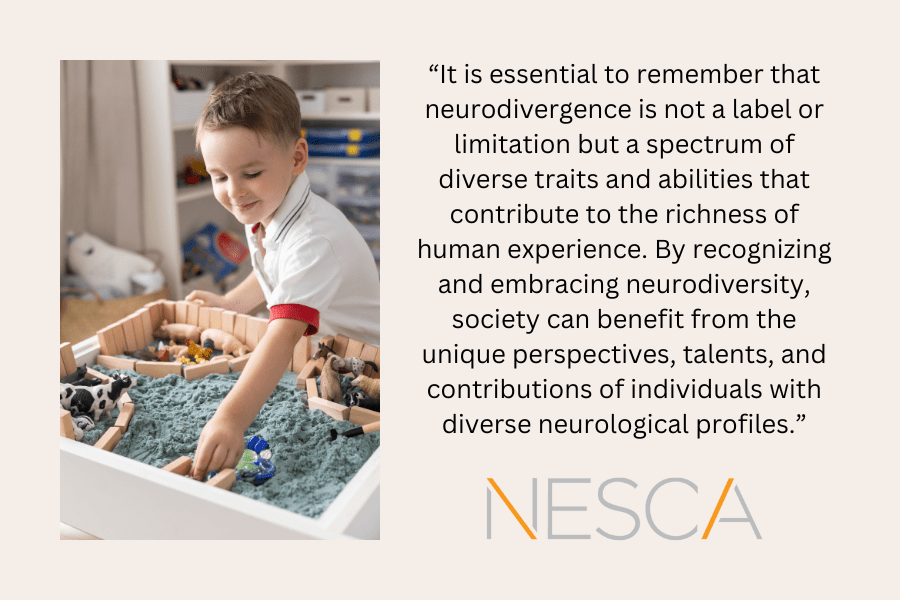
 working with children and young adults with complex emotional and behavioral profiles. She is skilled at evaluating social and emotional challenges as well as a range of learning profiles. Her experience allows her to guide families in understanding the supports and services their child requires to be successful in school.
working with children and young adults with complex emotional and behavioral profiles. She is skilled at evaluating social and emotional challenges as well as a range of learning profiles. Her experience allows her to guide families in understanding the supports and services their child requires to be successful in school.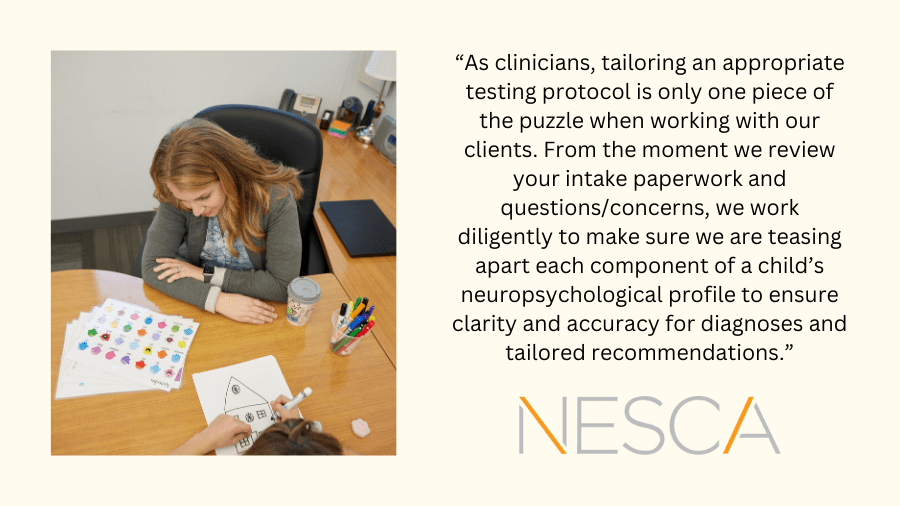
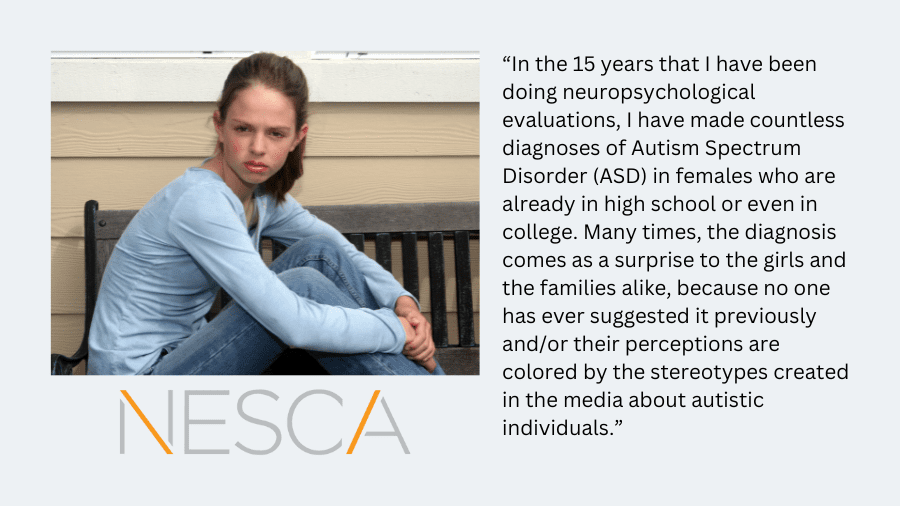
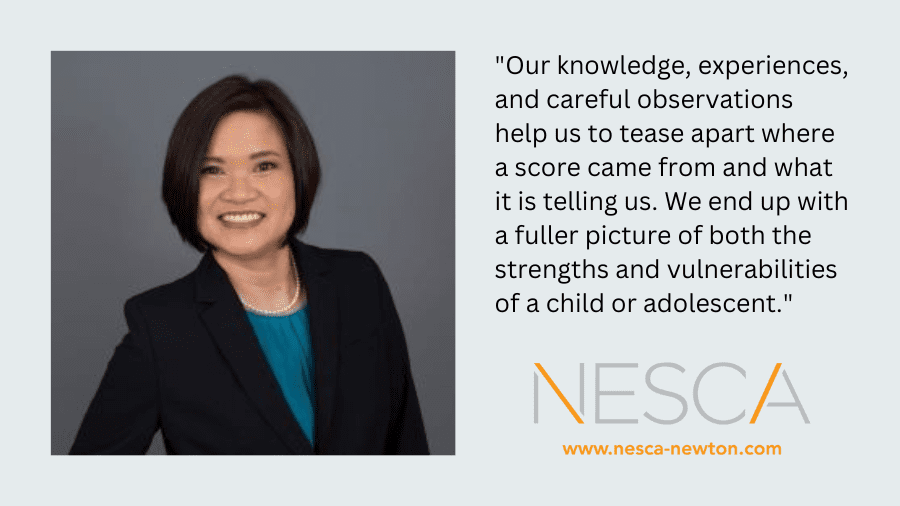
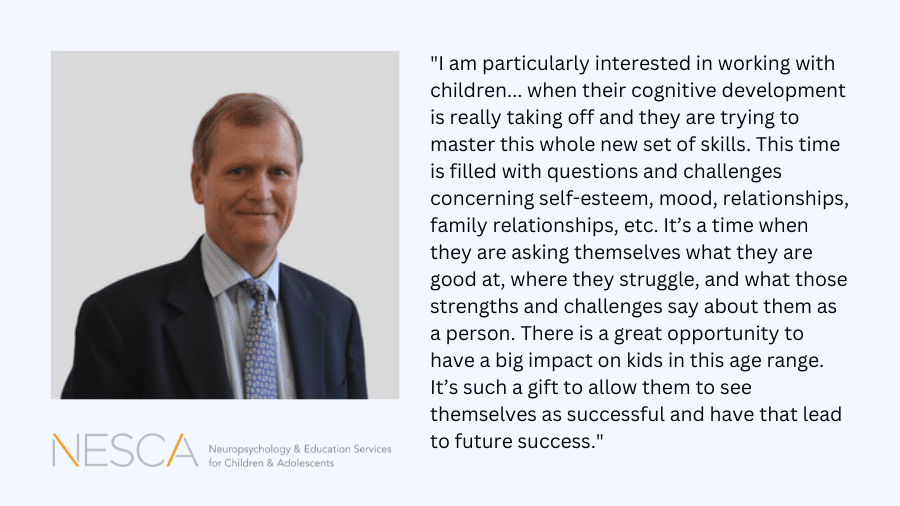
 in various settings. A significant aspect of Dr. Abrams’ continuing interest and experience also includes the psychological care and treatment of children, adolescents, and young adults with a broad variety of emotional and interpersonal problems, beyond those that arise in the context of developmental differences or learning-related difficulties.
in various settings. A significant aspect of Dr. Abrams’ continuing interest and experience also includes the psychological care and treatment of children, adolescents, and young adults with a broad variety of emotional and interpersonal problems, beyond those that arise in the context of developmental differences or learning-related difficulties.


Connect with Us